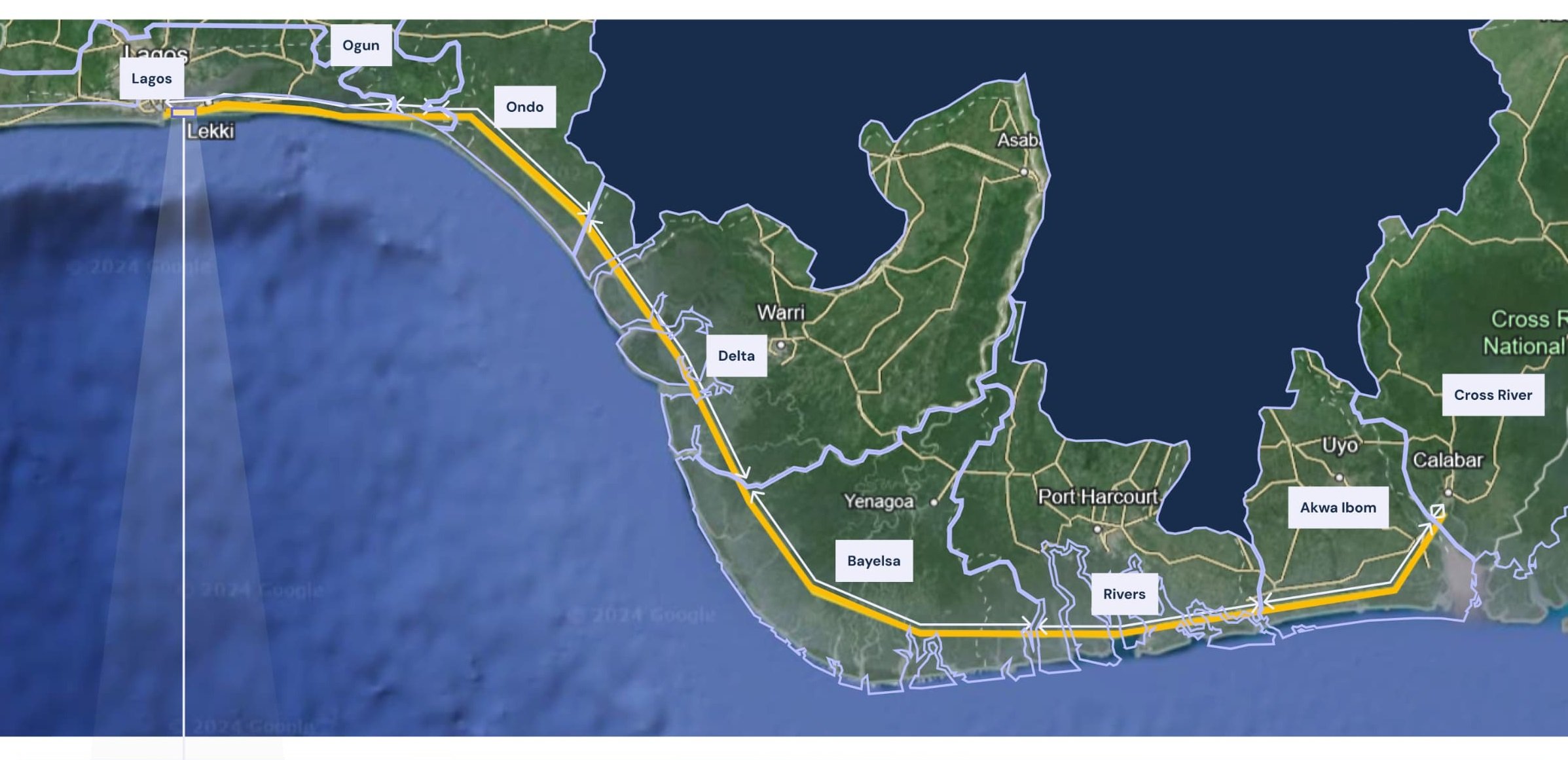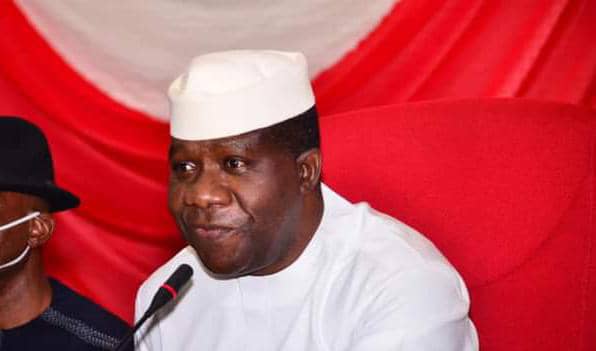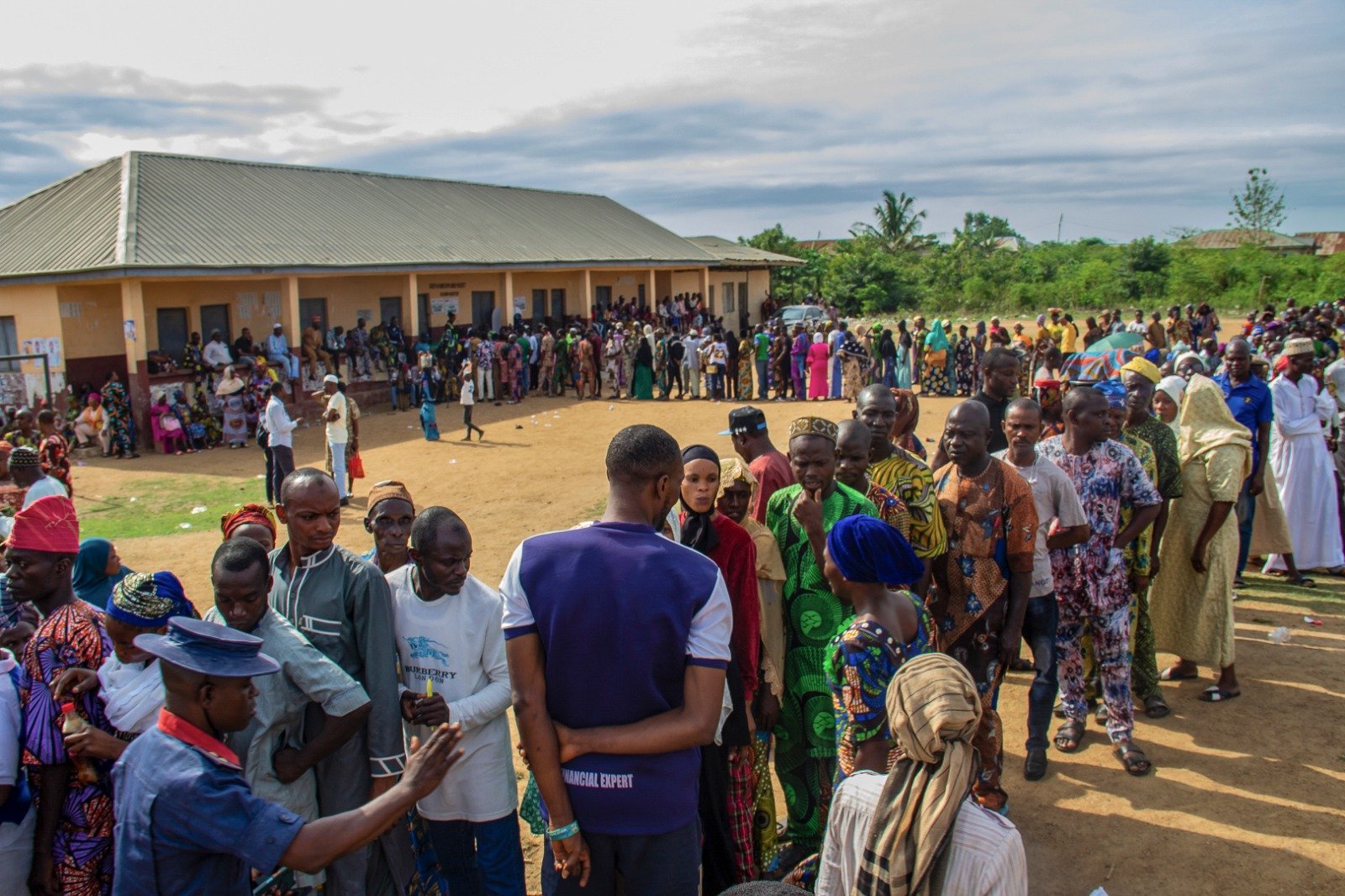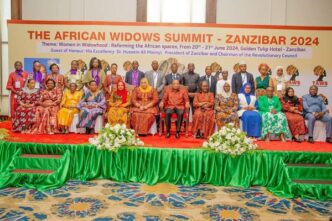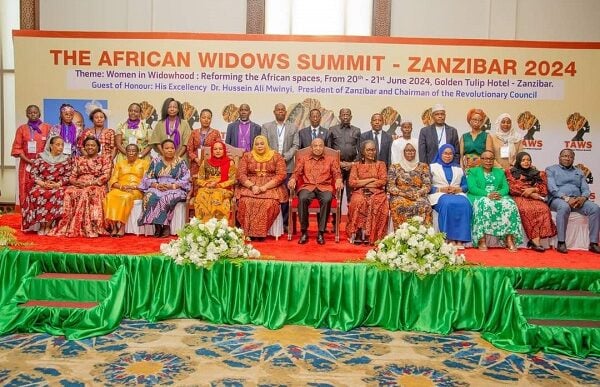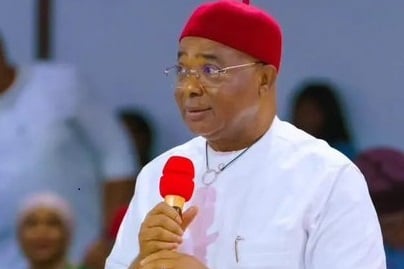Council of Ondo traditional rulers
BY PHILIP ADEMOLA OLAYOKU
The recent elections in South Africa, which resulted in the formation of the government of national unity, witnessed the failure of the African National Congress (ANC) to win the majority in the parliament for the first time since the end of Apartheid in 1994. Part of the reasons for this was the emergence of splinter parties from the ANC, notably the Julius Malema-led Economic Freedom Fighters (EFF) and the recently formed Umkhonto we Sizwe (MK – which translates in Zulu and Xhosa as ‘the spear of the nation) headed by the much-maligned former president, Jacob Zuma.
Regarding the latter, the term MK had been used as a label for the armed wing of the ANC that was formed by the iconic Nelson Mandela in the wake of the March 1960 Sharpeville Massacre, which resulted from resistance to the racial segregation that was partly enforced by pass laws. The MK party was launched on December 16 to coincide with the anniversary of the 1961 declaration of war on the Republic of South Africa by ANC’s armed wing. It has a strong base in the KwaZulu-Natal province and its mission as contained in the People’s Manifesto is to achieve a cross-sectional transformative Agenda for South Africa.
These include fighting the challenges of inequality, providing adequate access to education and healthcare, strengthening national security, fair land redistribution, and developing a comprehensive strategy for foreign policy and traditional institutions. The proposition to recentre traditional institutions within the South African governance structure is quite germane given its relevance to the historical context of governance and disenfranchisement in different African states. This is because it sparks off the need to engage in the organic decolonisation of the architecture for political administration on the continent.
Advertisement
The manifesto proposes a Traditional Leadership Policy that seeks to ‘Strengthen the role and authority of traditional leaders in governance and community development, ensuring their participation in decision-making processes that affect their communities.’ Such a policy, we argue, is germane in reigniting what Peter Ekeh describes as the Primordial Public, which defines the ethics of everyday living, cultural disposition and identity of a people.
For one, it is arguable that the lack of direct recognition of the role of traditional leaders within the framework of local government administration in Nigeria by its Constitution enabled their subjugation under the administration of local government councils. Furthermore, the superimposition of state governors over local government councils created a postcolonial problem that, in our opinion, has continued to undermine the success and sustainability of governance at the grassroots. This has become an administrative paradox given the relevance attached to traditional institutions and customs under colonial indirect rule.
This was not only evidenced in colonial political and economic strategies but also in legal frameworks as embodied in customary laws. Not only this, it is intriguing that the purported models of democracy from which the complications of Nigeria’s democratic practice emanate have increasingly ensured the preservation and relevance of their traditional institutions. These systems have either preserved the roles of their monarchs or renegotiated the rights of displaced groups that are considered native to legitimised occupied territories.
Advertisement
Without a doubt, traditional institutions remain foundational to primordial sentiments, where communities’ histories are at times embedded in the narratives of their (institution’s) origins, as well as initiation rituals for their sustenance and rejuvenation. However, recent events are laden with acts that continuously undermine these traditional institutions. These include the arbitrary creation and dissolution of emirates in Kano characterised by conflicts of deposition and reinstallation of Emirs; and the subjection of the fate of the historically revered Oyo monarchy to the machinations of state administrators, which has subsequently extended interregnum in the land.
Such misappropriation of authority as interpreted by cultural harbingers and enthusiasts, is not devoid of the irregularity of state governments’ usurpation of the traditional role of handing over the staff of office to a new traditional leader. This largely owes to the prioritisation of alien considerations, not culture – as aliens do better with their traditional institutions. This misnomer, one can further argue, has permeated the process of choice during general elections. The electoral process itself has become questionable as one of selection; by affording the imposition of the will of a few elites (volonte d’elites) over the choice of the people (volonte generale).
It is this same (ill-)logic that would enable the appropriation of the right to manage local government funds by state governments. One could interpret the monarchy as an institution that derives its legitimacy from the volonte generale, where the people consider the institution as their embodiment and often accorded it this regard. While one must note that there have been instances of abuses by several monarchs, albeit not peculiar to Nigeria or African cultures, it could be contended that the failures of democratic practice with jumbled models across the continent have proliferated the culture of these abuses.
There have been several instances where the state weaponised its agents and structures to violate traditional institutions for the interests of self-serving individuals. This implies that the advancement of social ordering is not in undermining and eliminating cultural architectures of governance, but in strengthening traditional frameworks for checks and balances. These frameworks ensured that a monarch that fails as an embodiment of the people by misrepresenting their ethics, customs and traditions would face the consequences. It is important to caution that our attempt is not an advocacy for outdated harmful practices, but a call for cultural resurgence through organic innovation as derived from tradition following Guy Debord’s 1977 proposition.
Advertisement
This call emanates from the experience that despite efforts to undermine the roles of traditional institutions, they still command referent power among the people. For instance, Nigerians have been groaning due to the exponential rise in the cost of living since the announcement of the removal of fuel subsidy and the deregulation of the foreign exchange market. This has led to several protests and an impasse between the federal government and organised labour during negotiations on the minimum wage.
These frictions are not unconnected with the fact that the people do not see themselves as part of the government, neither do they consider its representatives as prioritising their interests. By contrast, a viral video of the representatives of the Ooni of Ife and his Council of 16 Chiefs, after a meeting with the Iyaloja and Babaloja (market heads) shows the people’s reverence for and identification with the monarchy. The demeanours of recipients to the message conveying the ban of market associations, made in response to the exploitative practices of some traders through these associations, exemplify the affirmation and identification of the people with their leader.
Not only did the Ooni deploy an inclusive strategy during the decision-making process, but the information also reflected empathy regarding the regulation of commodity prices within the market economy of Ile Ife and its environs. The instructions on a return to the N100-N200 pepper-pricing structure as opposed to N500 and the embrace of non-Ife residents patronising the markets show that the ethics of traditional institutions on equity and fairness are yet to be eroded.
The age composition of traders patronising the markets, with quite a number of them older than the monarch, also nullifies the fallacy of respect and ageism often attributed to the Yoruba. This fallacy, for our purpose, is labelled argumentum ad aetatem and situated within the culture of Nigeria’s netizenship. The mimetic culture had leveraged a former Oyo state governor’s assertion of his position as ‘constituted authority,’ while he dared the protesting students of Ladoke Akintola University of Technology (LAUTECH), whose institution had been shut down in 2017, to do their worst if they would not respect him is a case in point. For several netizens revelling in the cancel culture, the claim to constituted authority is inferred from the assumed norm of ageism within the Yoruba culture.
Advertisement
This fits with the popular usage of the slang ‘sho mo age mi ni’ (do you know my age) that became popularised by Kazeem Abimbola, also known as Jigan Babaoja. The submission here is that the constitution of traditional authority defies the ad aetatem frame, as the legitimacy of a monarch is not solely dependent on the date of birth; but certain other circumstances contingent on and aligning with the customary practices through which the people are identified. The return to the ethics of the Primordial Public, therefore, will not necessarily contradict the netizens’ culture of ‘dragging’ that abhors ageism.
This digital public, emerging as a synthesis from the frictions of Ekeh’s moral Primordial Public and amoral Civic Public, thrives on the creation of borderless identities that define its ethics. These borderless identities are reflective of the next stage of the postcolonial situation that creates an ethical vacuum, where participants assume the independence of determining and interpreting societal ethics. This appropriation of the role of traditional institutions creates yet another paradox, where physical activities between defined boundaries are adjudicated within yet to be defined digital jurisprudence. In this public, all that matters is the ability to string words together on a device and post them on the internet in the exercise of acclaimed rights.
Advertisement
This ethical vacuum, one can argue, is expressed in the lack of identity that has been worsened by the ignorance of the need for one. As individuals lay claims to the right to arbitrariness that has come to characterise the politics of the Nigerian nation, there is the need to refocus the ethical paradigms of the country through an innovative return to tradition.
This is already being afforded by a gradual reinstatement of the autonomy of local government councils within Nigeria’s structuring of its governance architecture. With the ongoing calls for the restructuring of the country, often packaged as true federalism amidst the proposition of the creation of new states, it is important to reconsider the constitutionality of the roles of traditional institutions within our national politics.
Advertisement
The integration of these institutions within our governance structures, even if on a regional basis, could be a reliable foundation on which sustainable autonomy for governance at the grassroots can be built. This intervention must consider indigenous customs and traditions as provided for in different traditional communities as a way of reintegrating the people back into governance.
While the supreme court has established the constitutional basis for the financial autonomy of local governments, and also stipulated their administration by local government councils that have been democratically elected by the people, the will of the people could better be ascertained by creating a constitutionally-backed traditional leadership policy. It is only then that the reversal of the volonte de l’elite to the volonte generale can be achieved.
Advertisement
Philip Ademola Olayoku is the coordinator of the West African Transitional Justice Centre and the Chair of Marcel Advisory.
Views expressed by contributors are strictly personal and not of TheCable.
Add a comment

